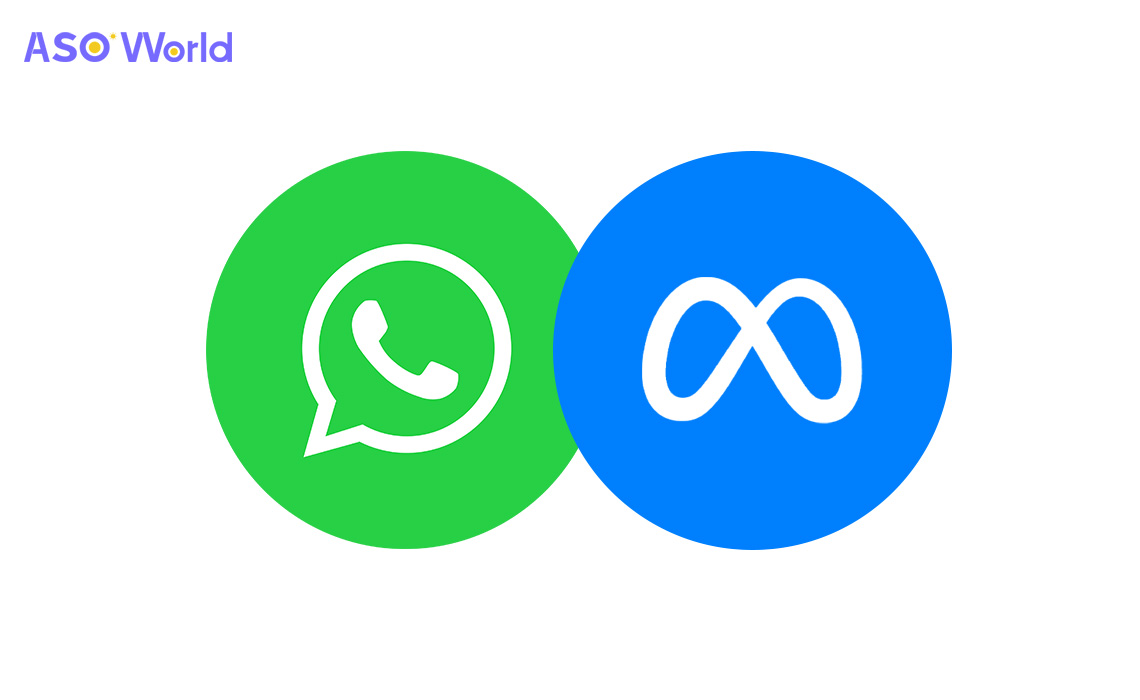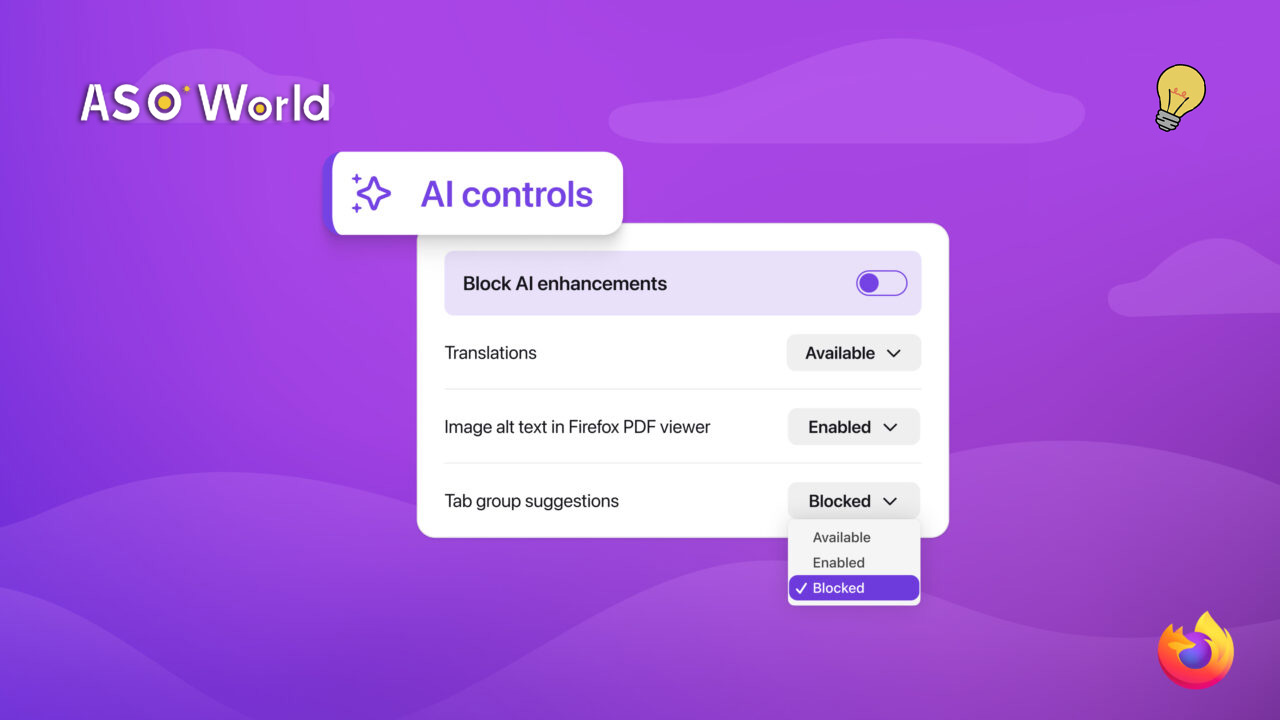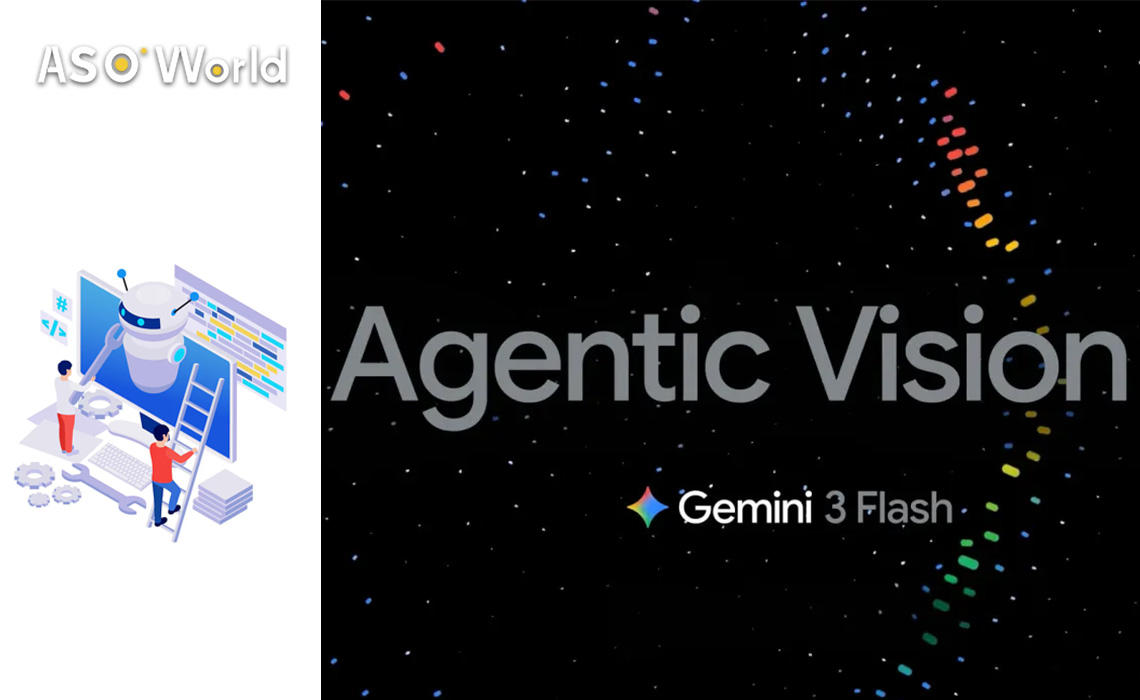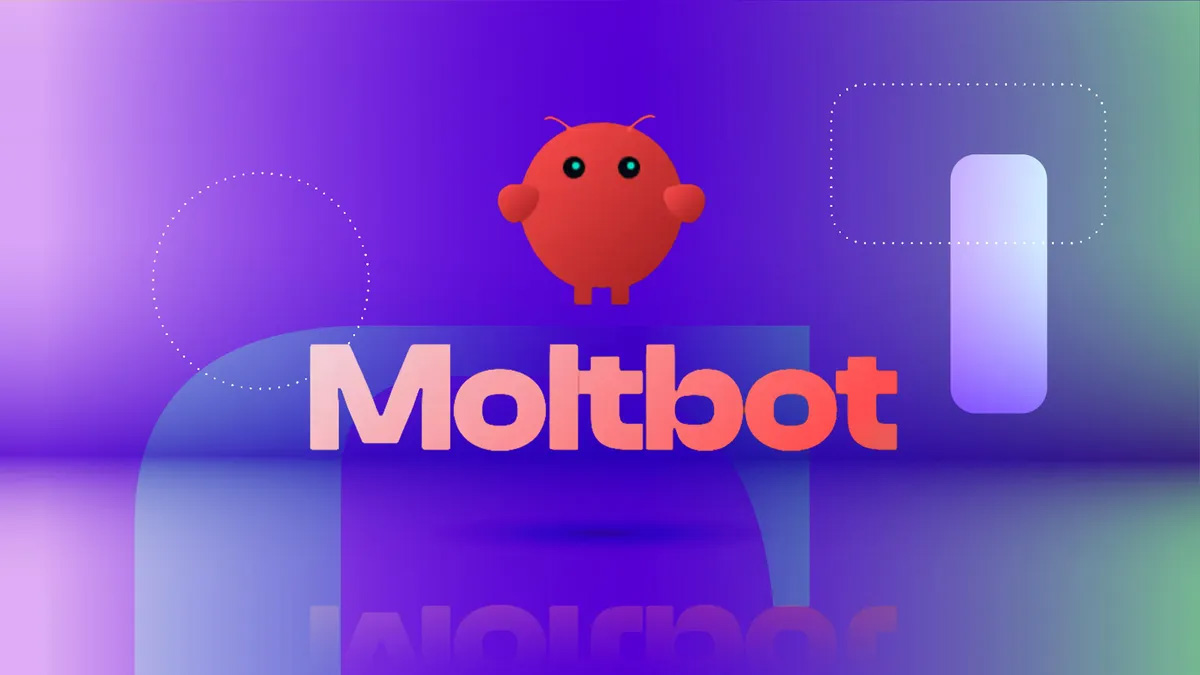Meta launched its first AI-driven ad targeting program for businesses on WhatsApp, aiming to generate revenue from the popular chat service. The announcement was made by CEO Mark Zuckerberg in a video at a conference in Brazil.
A Shift in WhatsApp's Strategy
WhatsApp, known for its strong privacy credentials, has traditionally avoided targeted advertising. However, the new AI tools represent a significant shift. These tools will utilize user behavior on Facebook and Instagram to deliver targeted messages, provided users have the same opted-in phone number across accounts. This move is part of Meta's broader strategy to integrate commerce and payment features into WhatsApp.
Enhanced Business Messaging
WhatsApp's head of strategic markets, Guilherme Horn, emphasized the importance of these AI tools for businesses. The tools will optimize ad delivery to users most likely to engage, making business messaging more efficient.
This is crucial for businesses as they are paying for these messages. Previously, business messaging tools were less precise, sending blasts to all opted-in users.
Introduction of AI Chatbot and PIX Integration
In addition to the ad targeting tools, Meta introduced a new AI chatbot designed to handle business inquiries directly in chat. This chatbot will assist users with common requests, such as finding catalogs or consulting business hours.
Furthermore, Meta announced the integration of Brazil's instantaneous digital payment method PIX into WhatsApp's payment tool. PIX, which accounted for about 39% of transactions in Brazil last year, offers services similar to WhatsApp's payment tool and represents a significant addition to the platform.
Editor's Comments
Meta's latest move to incorporate AI tools into WhatsApp signifies a major shift in the app's strategy, aligning it more closely with Meta's other revenue-generating platforms like Facebook and Instagram.
The introduction of targeted advertising and AI chatbots could transform how businesses interact with customers on WhatsApp, potentially increasing user engagement and satisfaction. However, the challenge will be to maintain the delicate balance between monetization and user privacy, a hallmark of WhatsApp's appeal.




